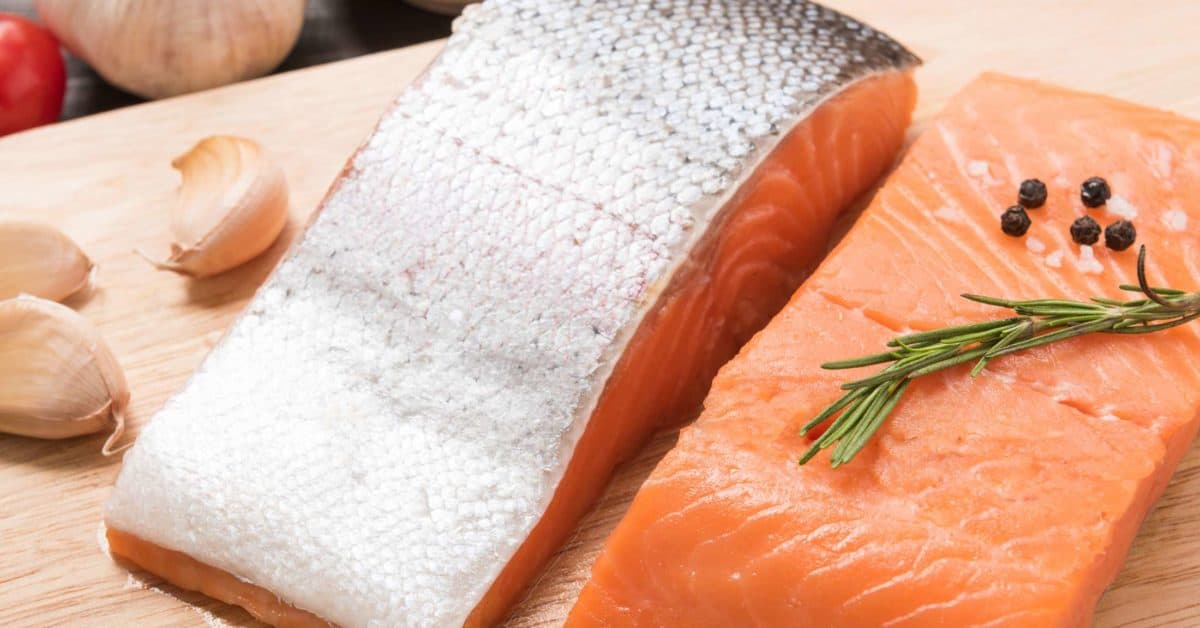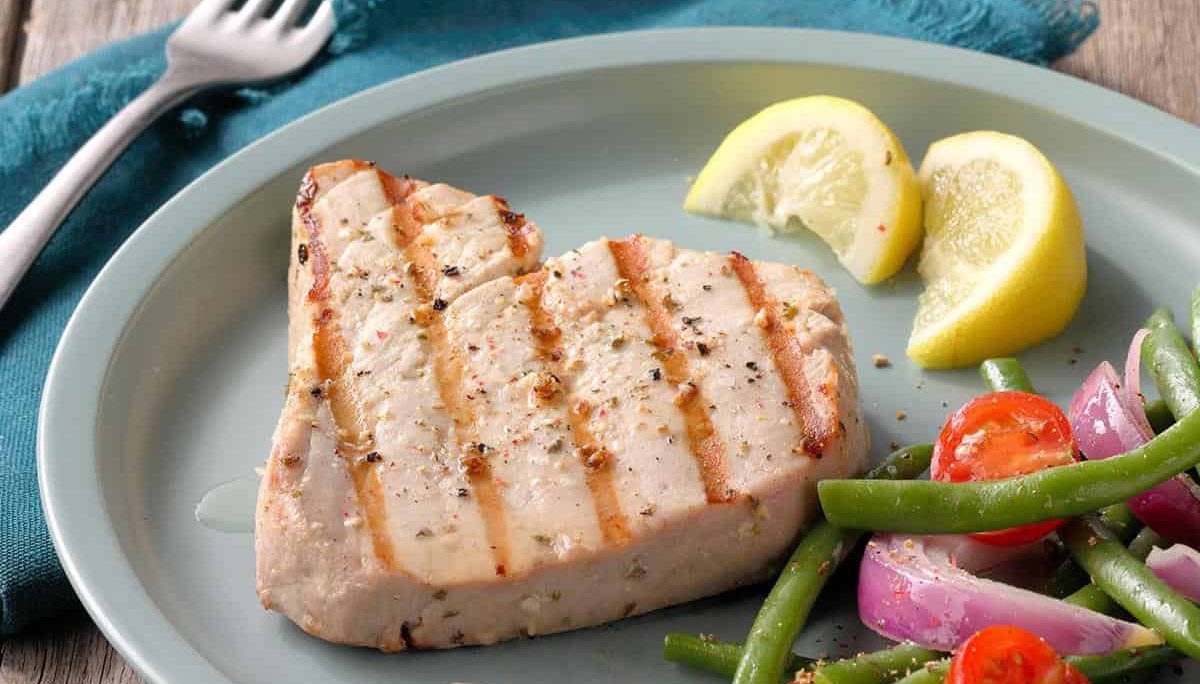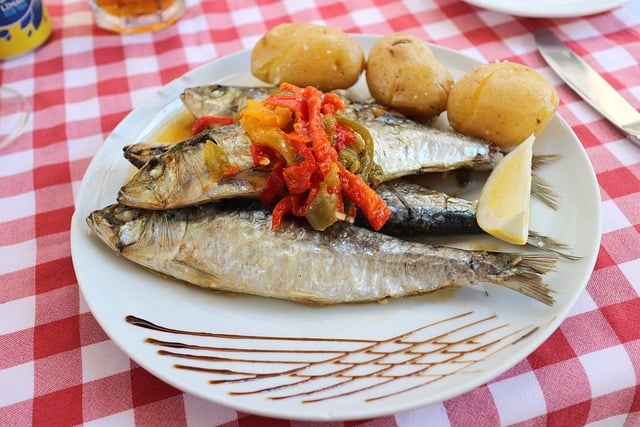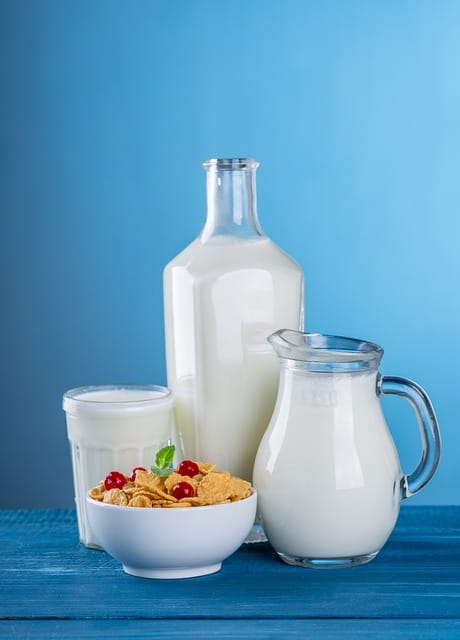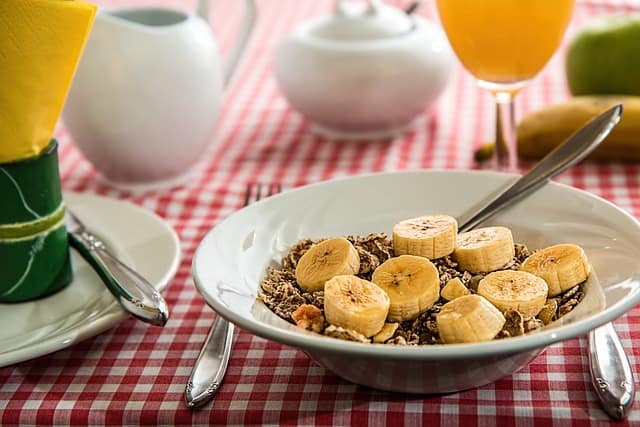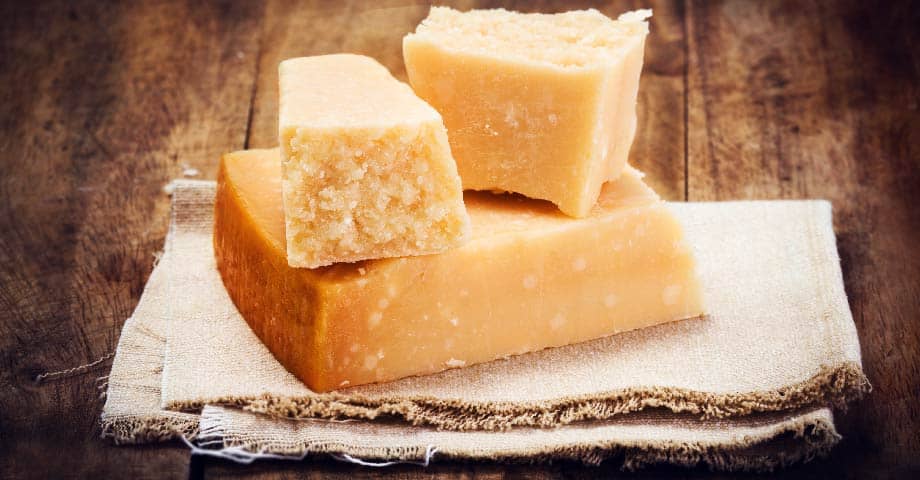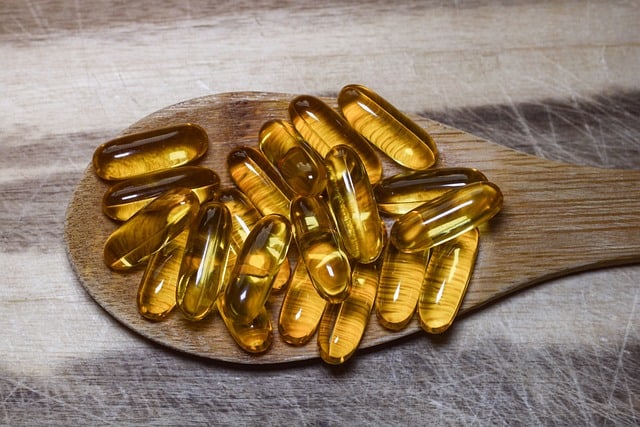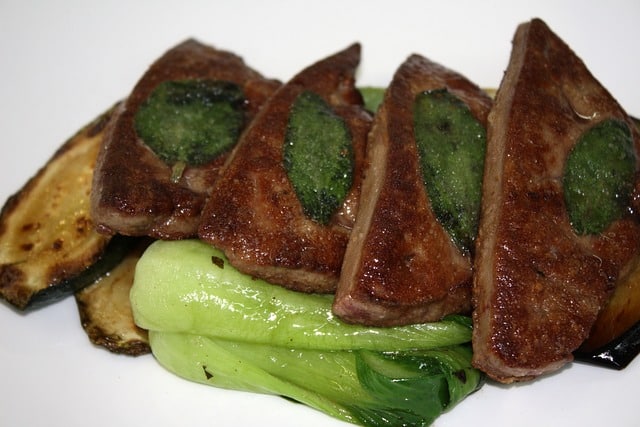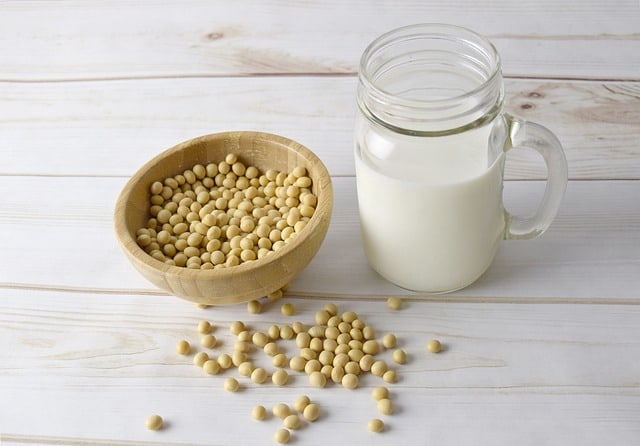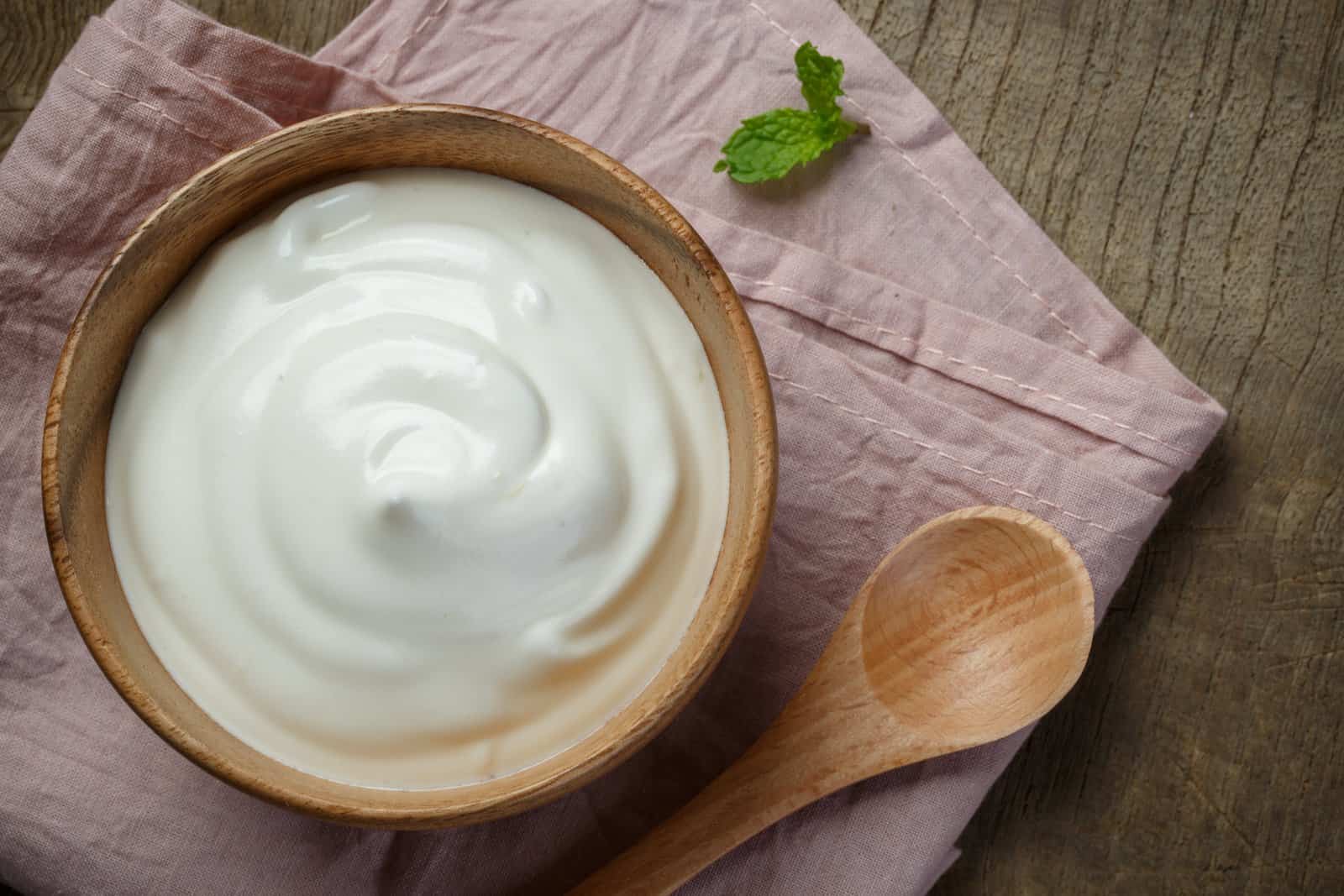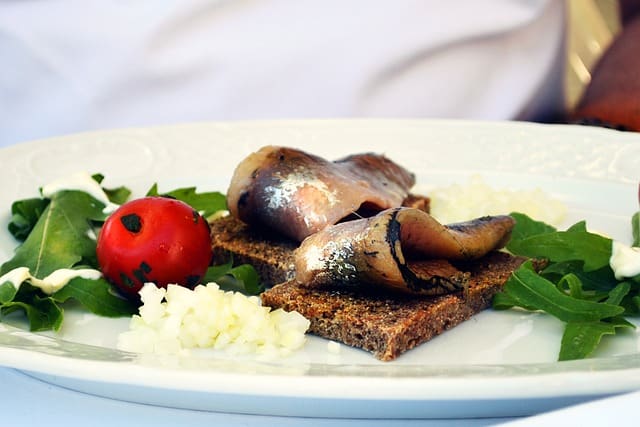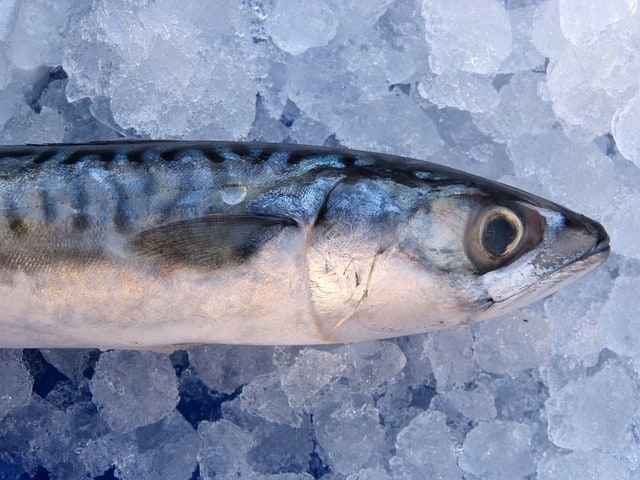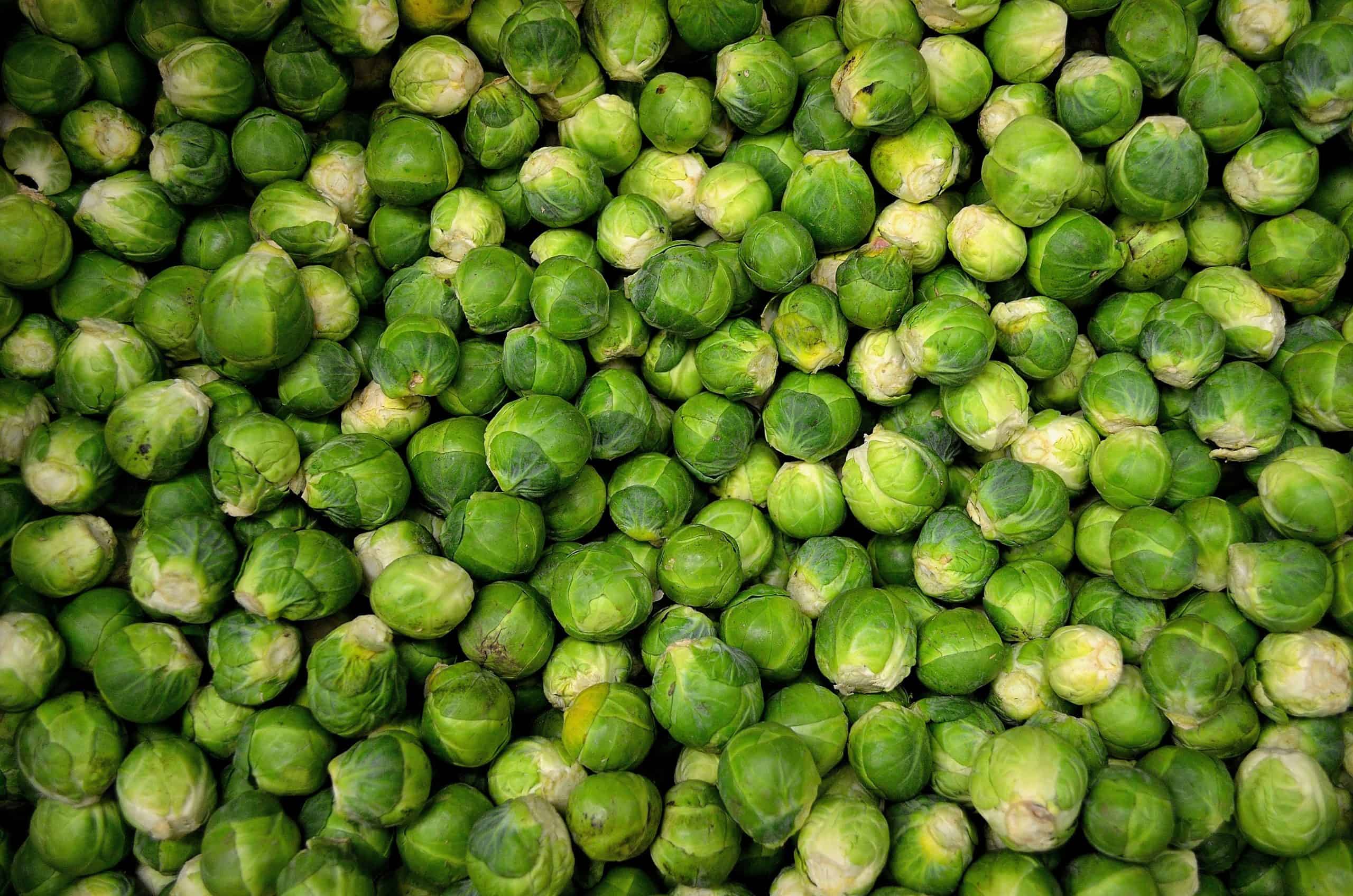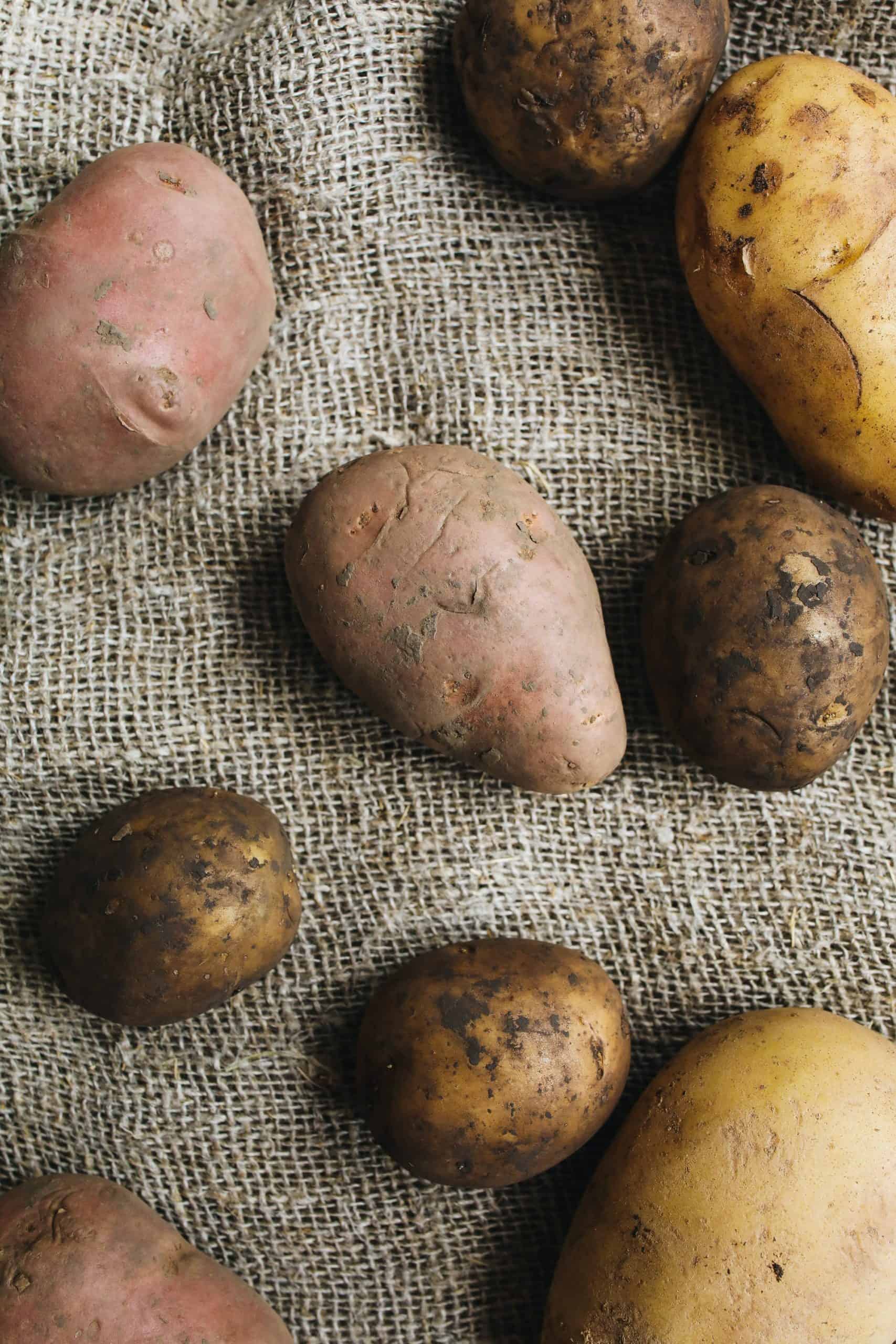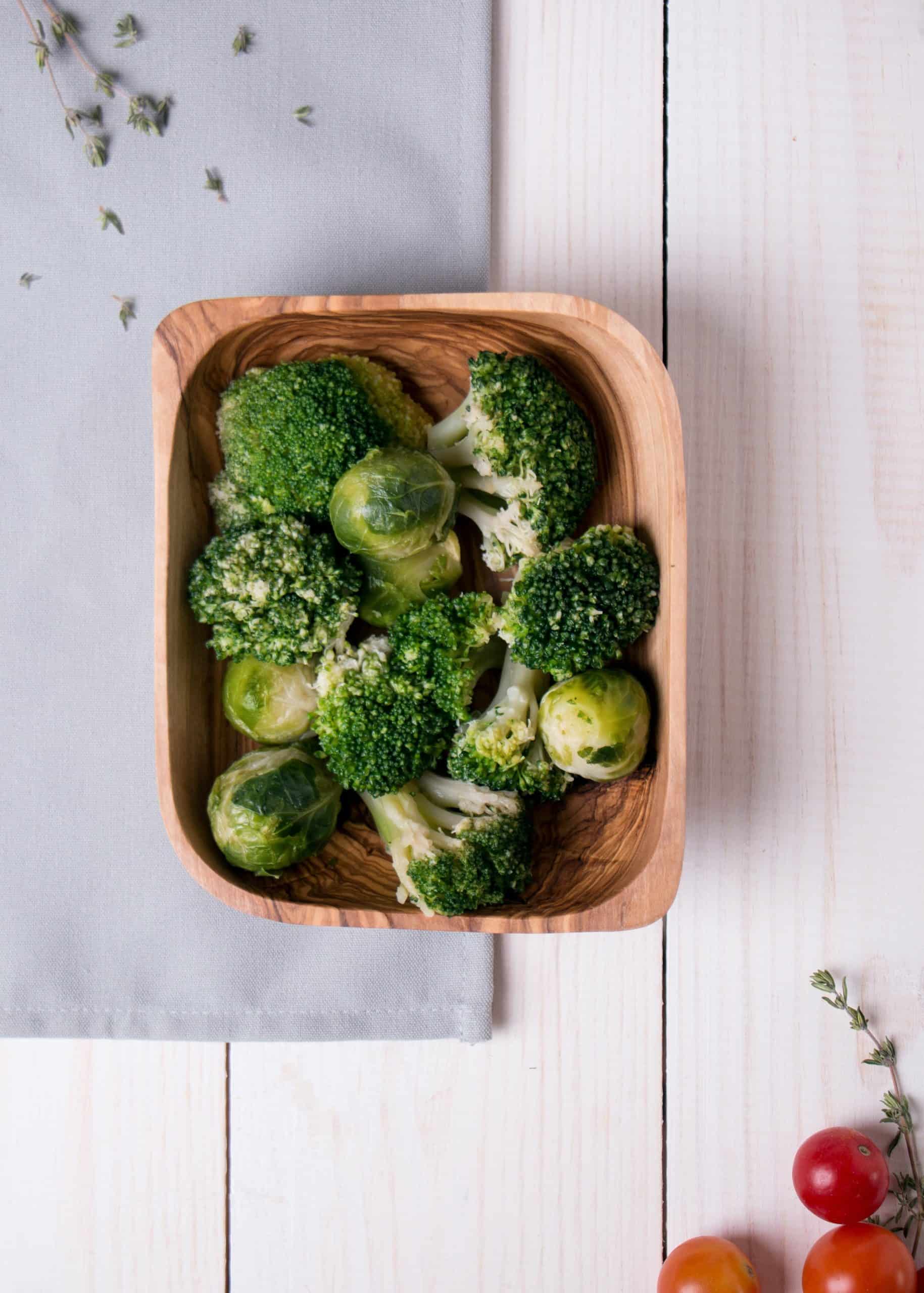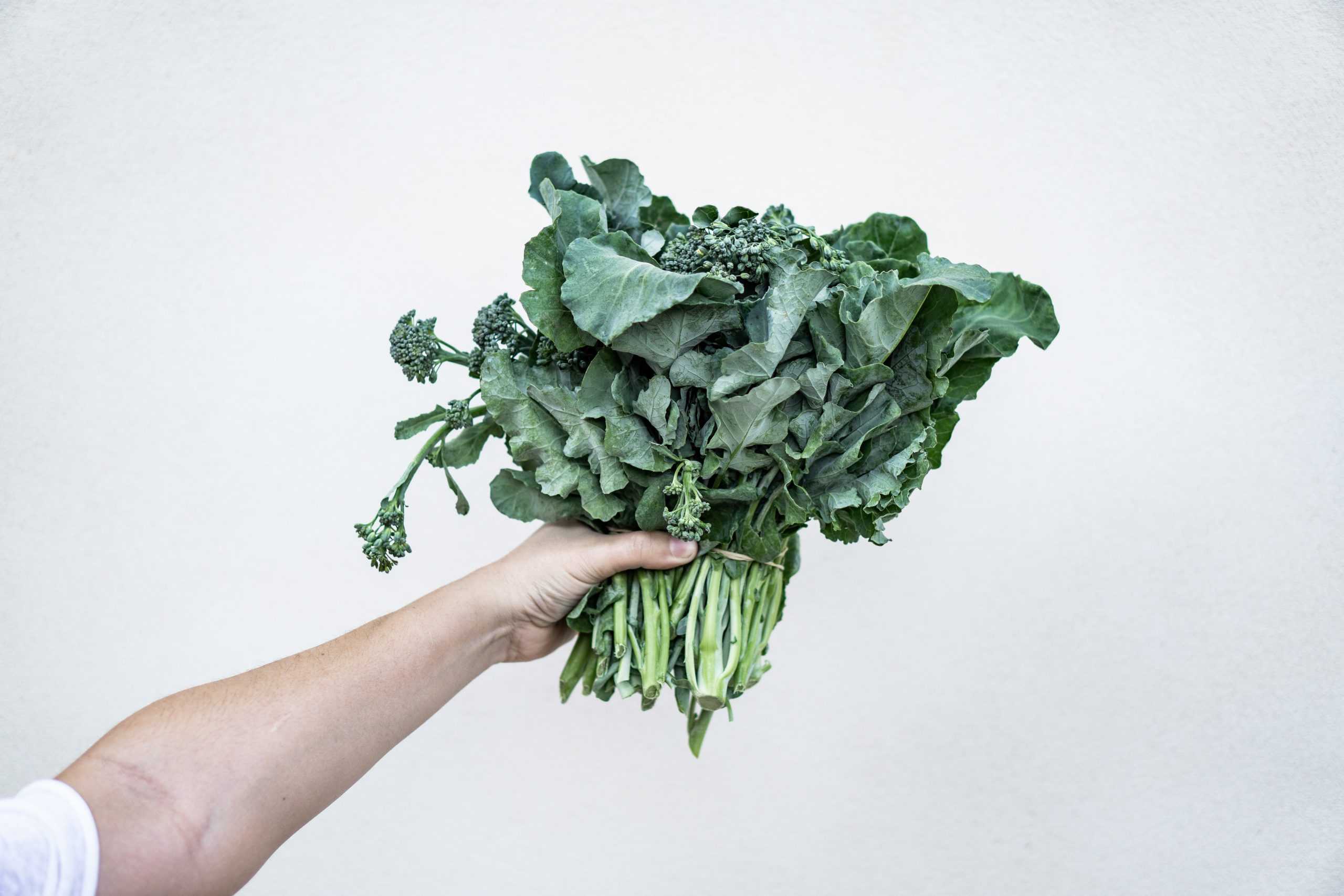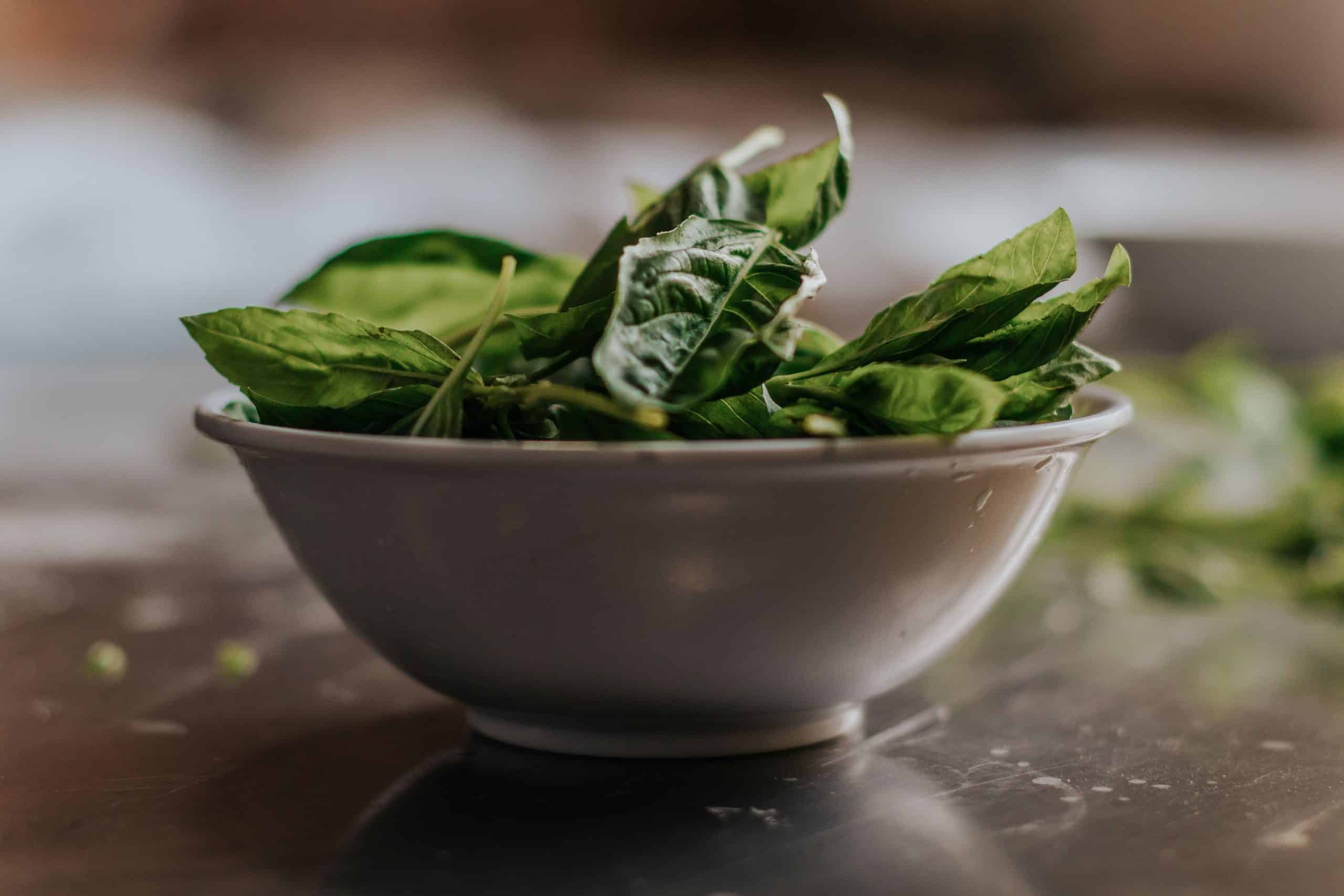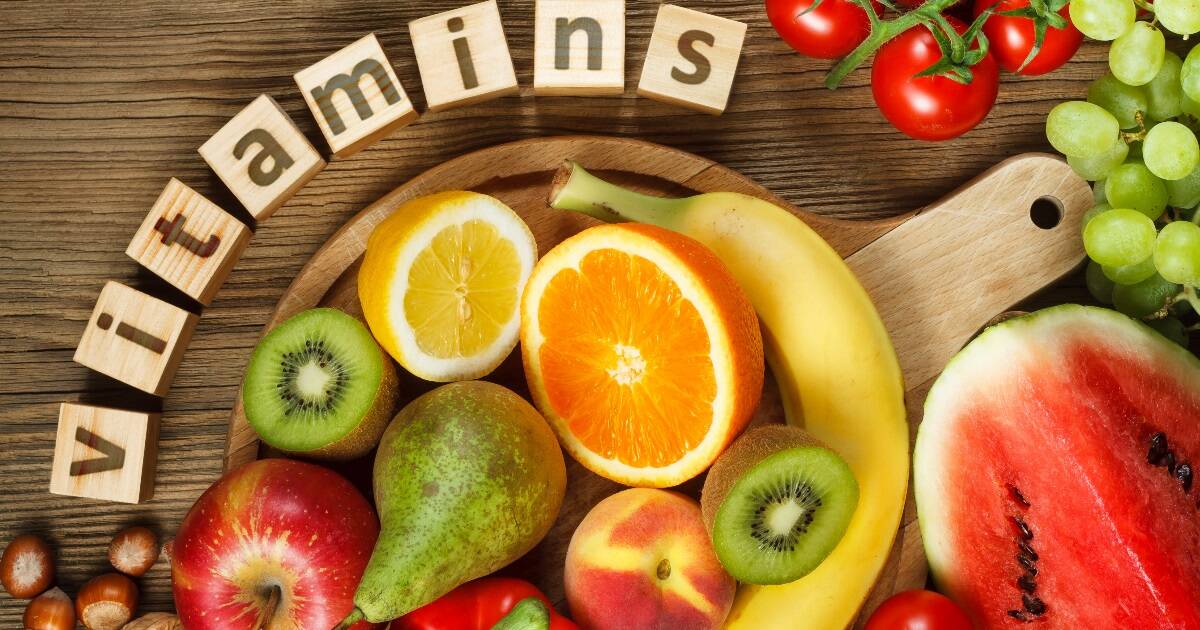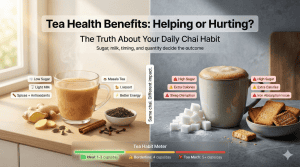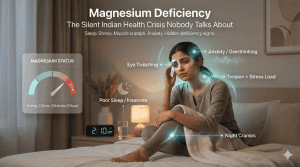What are Vitamin D Rich Foods?
Although our body can produce vitamin D when exposed to sunlight, it can also be obtained from vitamin D rich foods. Vitamin D plays a crucial role in regulating the immune system. It controls the activities of suppressor T lymphocytes, helps produce cytokines, and influences cellular apoptosis. Additionally, it aids in the absorption of phosphate in the intestines and prevents its excretion by the kidneys. While vitamin D foods are widely known for its role in maintaining bone health, it has many other functions due to its pleiotropic nature. Salmon, tuna, and mackerel are some of the many foods rich in vitamin D and are an excellent source of vitamin D foods. A 3-ounce serving of cooked salmon can provide over 400 IU of vitamin D. There are some types of mushrooms such as shiitake and portobello which are excellent vitamin D foods sources. However, the amount can vary depending on how they are grown and exposed to sunlight.
It is important to note that getting enough vitamin D from vitamin D rich foods alone can be challenging, especially for people with limited sun exposure or who live in areas with little sunlight. A vitamin D supplement may be necessary to meet daily requirements in such cases.
Top 20 Vitamin D Rich Foods
Although, most people fulfill their vitamin requirements through supplements as the extracting enough Vitamins from the food alone is often not possible. However, there are certain foods that are naturally rich in Vitamin D whereas some are fortified. Below mentioned are some of the foods that you can incorporate into your diet to suffice your vitamin D intake. Let’s take a sneak peek into these foods rich in vitamin D:
1. Salmon
Did you know that consuming salmon can be one of the best foods rich in vitamin D? A 3-ounce serving of cooked salmon is one of the excellent vitamin D rich food sources, containing about 447 IU of this crucial nutrient. With its high vitamin D content, salmon is one of the best vitamin D foods. Additionally, salmon is a good source of omega-3 fatty acids, which have been linked to numerous health benefits. Other fish, such as tuna and sardines, are also excellent sources of vitamin D, making them the best vitamin D rich foods to include in your diet.
2. Tuna
Canned tuna fish is a great source of vitamin D, an essential nutrient for our body. The vitamin D content in a 3-ounce canned tuna is about 154 IU, almost 26% of the recommended daily intake. Vitamin D plays a vital role in maintaining healthy bones and teeth, as it helps our body to absorb calcium. It also supports the immune system and helps to regulate cell growth and division. Adding canned tuna which is a Vitamin d rich foods to your diet can be a delicious and convenient way to boost your vitamin D intake and promote overall health. Intake
3. Sardines
Vitamin D is an essential nutrient that is vital in maintaining good health. And when it comes to getting your daily dose of this crucial nutrient, sardines can be an excellent option. These small, oily fish contain various nutrients, including vitamin D, calcium, and omega-3 fatty acids. Consume more Calcium Rich Foods to necessisate your calcium intake as well.
In that case, 3-ounce canned sardines can provide about 177 IU of vitamin D. This makes sardines one of the foods rich in vitamin D. Additionally, sardines are a convenient and versatile food. They can be eaten independently, added to salads or sandwiches, or used to make pasta dishes or spreads. So, incorporating sardines into your diet can be both easy and delicious.
Hence, sardines are an excellent vitamin D foods sources for anyone looking to boost their vitamin D intake. Not only are they rich in this essential nutrient, but they are also a tasty and convenient addition to any meal. Did you know that Atlantic salmon have Vitamin E? Read more about Vitamin E foods
4. Egg yolks
Egg yolks are a highly nutritious food item that offers a variety of essential nutrients. They are a great source of protein, essential fatty acids, and vitamin D. Just one large egg yolk contains about 41 IU of vitamin D, around 7% of the recommended daily intake and hence is one of the vitamin D foods.
In addition to being one of the vitamin D foods, egg yolks contain many other essential nutrients, such as choline, selenium, and phosphorus. Choline, for example, is necessary for brain and liver function, while selenium is a powerful antioxidant that can help protect against oxidative damage. Phosphorus, on the other hand, is essential for bone health and helps to maintain healthy teeth.
Given their versatility, you can easily incorporate egg yolks into your meals. For example, add them to salad sandwiches or use them as a base for sauces and dressings. Consuming vitamin D rich foods like egg yolks can provide many health benefits, including stronger bones, better immune function, and improved heart health.
5. Fortified milk
One liter of milk contains 27 ng and 4.9 ng of two vitamin D metabolites, respectively. These metabolites contribute to about 15% of the total vitamin D activity in milk. Cholecalciferol, a form of vitamin D, is present in milk at a concentration of 281 ng per liter or 11 IU per liter of biological activity. Vitamin D is typically added to milk through the process of fortification, which involves adding nutrients to the food. This fortification process helps to ensure that people consume enough vitamin D, which is essential for good health.:
Fortification: Most commercially sold cow’s milk is fortified with vitamin D making it yet another foods rich in vitamin D. This means that the vitamin is added to the milk during processing. Vitamin D is usually vitamin D2 (ergocalciferol) or vitamin D3 (cholecalciferol).
Benefits:
- Bone Health: Vitamin D is crucial in calcium absorption and is essential for maintaining strong and healthy bones. It helps prevent conditions like osteoporosis and rickets.
- Immune Support: Vitamin D supports the immune system and helps the body fight off infections.
Learn more about VITAMIN D DEFICIENCY
6. Fortified orange juice
Vitamin D is a vital nutrient that helps the body absorb calcium, maintain strong bones and teeth, and support immune function. While sunlight is the best source of vitamin D, many people do not get enough of it. Thankfully, some Vitamin D rich foods are available, one of them being fortified orange juice.
Fortified orange juice is a popular breakfast beverage that contains about 137 IU of vitamin D per cup. This makes it one of the best dietary sources of the nutrient. Drinking a glass of fortified orange juice in the morning can help ensure your body gets the vitamin D needed to function correctly.
Not all orange juice brands are fortified with vitamin D, so it’s essential to check the label to ensure that the product you choose contains this nutrient. Adding fortified orange juice to your diet can be a simple and effective way to increase your vitamin D intake, but it should be different from other nutrient sources, such as sunlight and supplements.
7. Fortified Cereals
Fortified cereals are breakfast cereals that have been enriched with additional vitamins, minerals, and nutrients that are not naturally present in the grains.Here are critical points about fortified cereals:
Fortification Nutrients: Common nutrients added to fortified cereals include:
- Vitamins: These may include vitamin D, vitamin B12, folic acid, and others.
- Minerals: Common additions are iron, calcium, and zinc.
- Fibre: Some cereals are fortified with additional dietary fibre, often in the form of soluble fibres like inulin or oat fibre.Read more about vitamin b12 foods
8. Cheese
The exact amount of vitamin D in cheese can vary based on factors such as the type of cheese, the milk source, and fortification. Vitamin D foods like cheese contributes to your dietary intake of this essential nutrient and offers potential health benefits, such as supporting bone health and the immune system. However, it’s not a primary source of vitamin D, and other dietary sources and sun exposure are important for meeting your vitamin D needs
9. Cod liver oil
Cod liver oil is one of the Vitamin D foods sources . One tablespoon of cod liver oil can provide about 1,360 IU of vitamin D.
It is important to note that cod liver oil is also high in vitamin A, so it should be consumed in moderation. Excessive consumption of vitamin A can lead to toxicity and cause adverse health effects. Therefore, it is crucial to maintain a balance between vitamin A and D consumption.
Including vitamin D foods like cod liver oil can provide numerous health benefits. It supports the proper functioning of the immune system and helps to reduce the risk of chronic diseases such as heart disease and diabetes. However, consuming these foods in moderation is essential to avoid potential adverse health effects.
10. Beef liver
Beef liver is a good source of vitamin D, providing about 42 IU per 3-ounce serving. Vitamin D foods or foods rich in vitamin d are also rich in iron and other essential nutrients.
11. Shiitake mushrooms
Some types of mushrooms, such as shiitake mushrooms, contain small amounts of vitamin D. One cup of cooked shiitake mushrooms contains about 16 IU of vitamin D. Hence, these vitamin D foods can also be consumed.
12. Fortified soy milk
Similar to fortified milk and orange juice, some brands of soy milk are enriched with vitamin D. One cup of fortified soy milk contains about 107 IU of vitamin D. You can use vitamin D foods like these into your recipes.
13. Fortified yogurt
Some brands of yogurt are fortified with vitamin D, making them a convenient way to boost intake. Check the label to see how much vitamin D is in each serving. You can choose to add vitamin D foods or vitamin d foods like these into your meals easily. These foods rich in vitamin D are also cheap to buy.
14. Herring
Herring is a fatty fish that is high in vitamin D, providing about 1,628 IU per 3-ounce serving. Vitamin D foods like these are also a good source of omega-3 fatty acids.
15. Mackerel
Mackerel is on of the many vitamin d foods you can consume. It is another oily fish that is rich in vitamin D. A 3-ounce serving of cooked mackerel contains about 306 IU of vitamin D. Make sure to add vitamin D foods like these into your diet.
16. Brussel Sprouts
Brussel sprouts are substantially rich in vitamins and minerals, especially in Vitamin D. Brussels are also very versatile and can be added into vegetables in roasted and sauteed form. These are also rich in Vitamin C, an antioxidant that promotes absorption of iron alongwith helping in tissue repair and boosts immunity. These vegetables also consists considerable fibre further assiting in gut health and improving digestion. Read more about Vitamin C foods to increase Vitamin C intake.
17. Sweet Potato
Sweet potatoes are another food item that is high in Vitamin D and is considered a great substitute to white potataoes since their glycemic index is lower and they also have higher fiber content. Asides Vitamin D, these delights are also rich in other essential minerals, like potasssium, copper as well as vitamin A. Intake of Vitamin D is also essential for absorption of phosporus. They can also help alleviate cancer, type 1 Diabetes as well as for necessisating with the Vitamin D synthesis in the body especially for those whose exposure to sunlight is limited. Try Vitamin A Foods to suffice your Vitamin A intake.
18. Broccoli
Broccoli, a cruciferous vegetable, is another great source of Vitamin D, alongwith Vitamin A and K, which helps with the healthy metabolism of Vitamin D. Foods rich in Vitamin D is essential also as it supports the absorption of Calcium which further elevates the growth and strength of bone. Broccoli are also a rich source of a flavanoid called kaempferol, which acts as an anti-inflammatory agent along with keeping allergies at bay.
19. Kale
Kale has various nutritional qualities that helps with overall devleopment and nutrition fulfillment of the body. These leafy veggies are rich in various vitamins such as D and B as well as being an essential plant-based calcium. Kale is also high in antioxidants namely kaempferol and quercetin that supports brain functioning. The presence of Vitamin K in kale helps with blood clotting.
20. Spinach
The content of Vitamin D is not that high in spinach. However, when supplemnted with its high calcium content, it can help in building and strengthening of the bones. Spinach are also known to elevate mood and improve immunity health. A Harvard study on The Nutrition Source stated the importance of incorporating vegetables like spinach into the diet to prevent the problems of cancer and heart dieseases as well lowering the blood sugar levels in the body.
All these foods rich in vitamin D can help you fulfil the daily requirement of Vitamin D. However, consult a healthcare provider to know how much vitamin D foods consumption suits you.
Benefits of eating Vitamin D Rich Foods
Consuming vitamin D rich food sources is essential for overall growth of our body .
- Bone health: Foods rich in vitamin D are crucial in helping the body absorb calcium and phosphorus, which are essential for building and maintaining strong bones. Without enough vitamin D , the body may be unable to use these minerals effectively, weakening bones and an increased risk of fractures.
- Immune system function: Foods with vitamin D are also crucial for supporting the immune system, which helps the body fight off infections and diseases. Eating foods that are good vitamin D sources has been associated with a reduced risk of respiratory infections, autoimmune diseases, and certain types of cancer.
- Mood and mental health: Consuming less Vitamin d rich foods has been linked to depression and other mood disorders. Getting enough foods with vitamin D or supplements may help improve mood and reduce the risk of these conditions.
- Muscle function: Foods rich in vitamin D are essential for maintaining healthy muscles and may help prevent falls and fractures in older adults.
- Overall health and well-being: Foods with vitamin D are essential for overall health and well-being. In addition to the benefits listed above, adequate vitamin D intake has been linked to a reduced risk of heart disease, type 2 diabetes, and other chronic conditions.
If you seek to know more about the various vitamin D sources, consider a Personalized Diet Plan. However, it is essential to note that obtaining Vitamin d rich foods exclusively through foods can be difficult, particularly for individuals with limited sun exposure. Therefore, vitamin D supplements may be necessary to meet your daily requirements. Buy Vitamin D3 Tablets for your daily Vitamin D requirements.
Is it important to have Foods rich in Vitamin D?
Consuming foods rich in vitamin D has several benefits for overall health, deficiency of which can give way to various problems such as hindrance in absorption of calcium and phosporous in the body which would give rise to bone-related diseases. It can also reduce fat-solubility that can further create problems in dissolving and absorption of water in the bloodstream. Below are the issues that can be caused due to deficiency of Vitamin D in the body:
- Decreasing Bone Health: Vitamin D foods or foods rich in vitamin D help the body absorb calcium and phosphorus, which are essential for strong bones and teeth. Inefficieny of Vitamin D in the body can increase the risk of fractures and osteoporosis.
- Lowered Immune health: Vitamin D foods are crucial in supporting the immune system, which helps protect the body against infections and diseases. Vitamin D deficiency can lead to increased autoimmunity and make way for rise of infections in the body.
- Mood deprivation: Consuming significantly less vitamin D foods has been linked to depression and seasonal affective disorder (SAD). Hence, having vitamin D rich foods may help improve mood and prevent these conditions.
- Increased risk of certain diseases: Adequate vitamin D foods intake has been associated with a reduced risk of several diseases, including multiple sclerosis and type 1 diabetes.
- Hinders muscle function: Foods rich in vitamin Ds are essential for muscle function and may help prevent muscle weakness. Vitamin D deficiency can increase the risk of bone-related problems such as sarcopenia and is also related to reduction of muscle size.
Overall, including vitamin D rich foods in the diet can positively impact overall health and well-being.
Best Healthy Sources of Vitamin D
There are many vitamin D sources that you can incorporate into your diet. Consuming foods rich in vitamin D sources can keep your bones healthy.
- Egg yolks: Egg yolks are another excellent source of vitamin D. One large egg yolk contains about 41 IU of vitamin D. However, it’s important to note that most of the protein and nutrients in eggs are found in the egg white, so it’s essential to consume these foods with vitamin D in moderation.
- Fortified foods: Many foods are fortified with vitamin D, including milk, orange juice, and breakfast cereals, which makes them vitamin d rich foods. Check the label to see how much vitamin D is in each serving.
- Mushrooms: Some mushrooms, such as shiitake mushrooms, contain small amounts of vitamin D. One cup of cooked shiitake mushrooms contains about 16 IU of vitamin D. Make sure to include these foods with vitamin D into your meals.
- Fortified plant milk: Plant-based milk, such as soy milk and almond milk, is often fortified with vitamin D. One cup of fortified soy milk contains about 107 IU of vitamin D. You can add foods with vitamin D, such as fortified plant milk, in a variety of ways.
- Supplements: People can also intake Vitamin D supplements to suffice their Vitamin D necessities. These supplements come in two forms. One of them is Vitamin D2 which is extracted from yeast and mushroosm which were exposed to UV rays. Another is Vitamin D3 whose vegan forms have also been developed through lichen. Make sure to check out these Top 12 Foods Rich in Vitamin B12.
- Sunlight: The body can synthesize vitamin D when the skin is exposed to sunlight. Hence, apart from eating foods with vitamin D, one can also consider spending time outdoors during peak sunlight hours as a natural way to increase vitamin D levels. However, wearing sunscreen and protecting the skin from harmful UV rays is essential.
Incorporating healthy vitamin D sources into your diet and lifestyle can help ensure you get enough of this essential nutrient for optimal health and well-being. Vitamin d rich foods are easy to find and easily bought from the nearby supermarket.
How to add Vitamin D Rich Foods to your Diet?
Vitamin D rich foods have various health benefits such as strengthening bones, boosting immunity, improving muscle function and much more. One can accomodate Vitamin D rich foods into their diet by either conusming them into its raw forms like fruits. However, other food items can be moulded into healthy recipes to suffice their Vitamin D intake. Below mentioned are some of the ways to add Vitamin D rich foods to your diet.
-
- Eat more Mushrooms: Mushrooms produce their own Vitamin D throigh direct exposure to UV light. Consumption of mushrooms can help increase one’s Vitamin D intake. You can consume it by roasting it or adding it into your vegetables.
- Consume Fortified foods: Some foods are fortified with Vitamin D to increase thier nutrient content through the process of fortification. Increasing the intake of fortified foods such as cow’s milk, plant-based milk alternatives like soy, almond, and hemp milk, orange juice, ready-to-eat cereals, certain types of yogurt or tofu can fulfill the Vitamin D requirements of one’s body.
- Add more fatty fish and seafoods to the diet: Fatty fish and seafoods are one of the richest natural source of Vitamin D. Some of these seafoods are tuna, mackerel, oysters, shrimp, sardines and anchovies which should be consumed to add the health benefits of Vitamin D rich foods into your diet.
Expert Review on Vitamin D Rich Foods
It’s important to ensure that you get enough Vitamin D in your diet for optimal health and well-being. Vitamin D is essential for bone health, immune system function, mood, and overall well-being. The Vitamin D from foods such as fatty fish, egg yolks, fortified foods, mushrooms, and fortified plant milk. If you’re not getting enough sunlight, taking Vitamin D supplements or considering fortified foods and multivitamins can help increase your Vitamin D levels. It’s a good idea to have regular check-ups with healthcare providers to ensure that your Vitamin D levels are within a healthy range. Incorporating these strategies into your lifestyle can help you get enough of this essential nutrient for optimal health and well-being.
References
“Vitamin D compounds in cows’ milk.” n.d. PubMed. Accessed October 26, 2023. https://pubmed.ncbi.nlm.nih.gov/6279806/.
“Vitamin D Sources, Metabolism, and Deficiency: Available Compounds and Guidelines for Its Treatment.” 2021. NCBI. https://www.ncbi.nlm.nih.gov/pmc/articles/PMC8074587/.
FAQs
1. What foods are highest in vitamin D?
Fatty fish, such as salmon, mackerel, and trout, are among the highest natural dietary vitamin D sources. These fish contain significant vitamin D levels, providing an excellent way to meet your daily requirements. Additionally, some fortified foods, like certain cereals and dairy products, can also be rich in vitamin D.
2. How can I increase my vitamin D daily?
One can increase their vitamin D intake daily by adding more of fortified foods into thier diet such as yoghurt, milk, cereals, orange juices. Consuming more mushrooms can also help in increasing the Vitamin D intake daily.
3. What are 3 examples of vitamin D rich foods?
Fatty fish, Kale, Broccoli are some of the best examples of Vitamin D rich foods. Incorporating them into the diet can help boost immunity, reduce the risk of heart diseases and also improve brain function.
4.What are 5 food sources of vitamin D?
Below are the 5 food sources of Vitamin D:
- Fatty Fish: Salmon, mackerel, and trout are excellent natural sources.
- Mushrooms: Some types, like shiitake and maitake, contain vitamin D when exposed to UV light.
- Cod Liver Oil: A fish oil supplement rich in vitamin D.
- Fortified Foods: Certain cereals, plant-based milk, and orange juice are fortified with vitamin D
- Leafy Vegetables: Broccoli, Spinach, Kale are great sources of Vitamin D and other essential nutrients
5. How can I increase my vitamin D in 7 days?
To increase Vitamin D in 7 days, one can indulge in eating more of fatty fish and fortified foods. Going out into sunlight more often is also helpful. Sometimes, foods can’t suffice the Vitamin D intake altogether thus taking supplements can compensate for the same.


